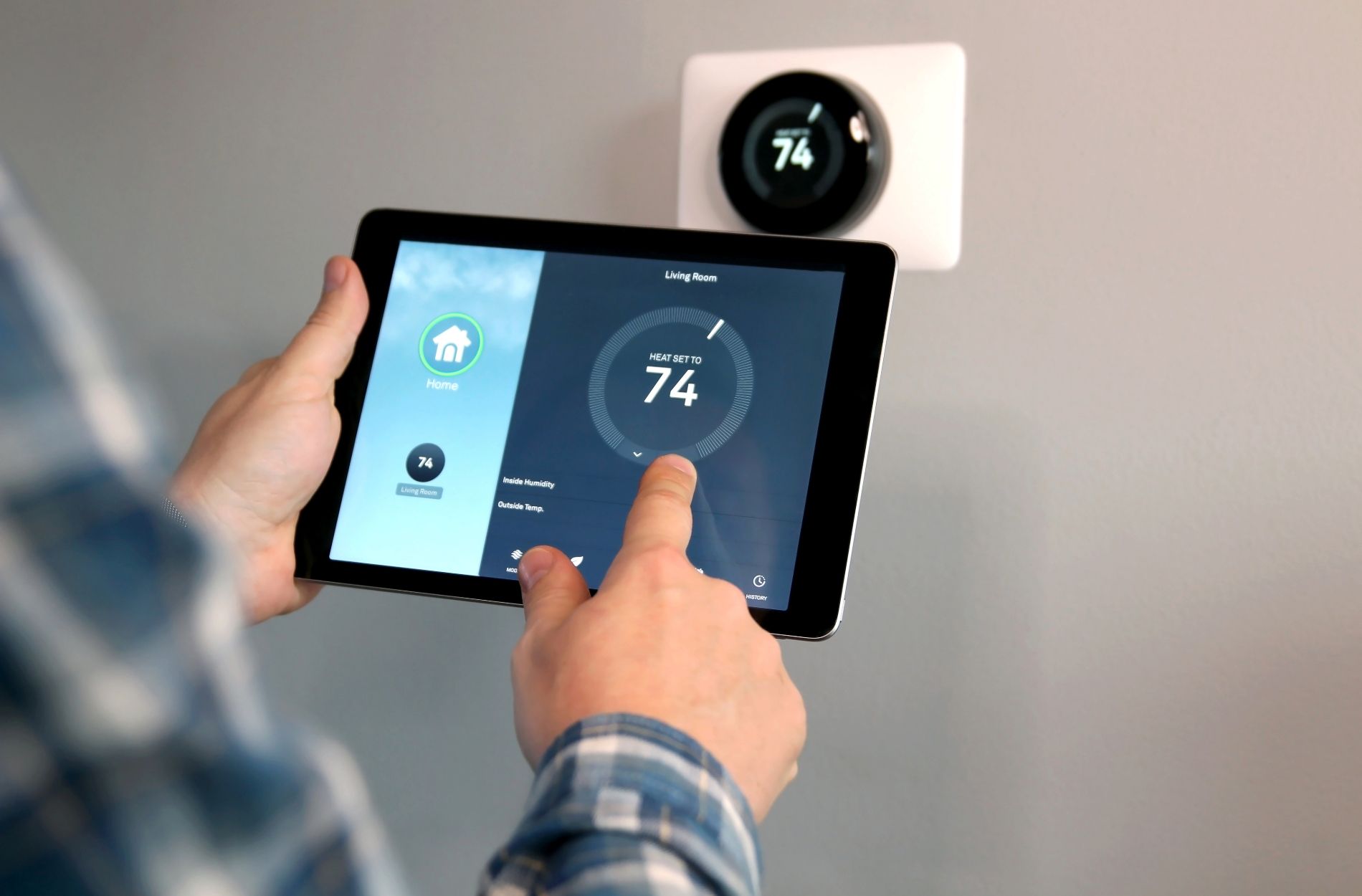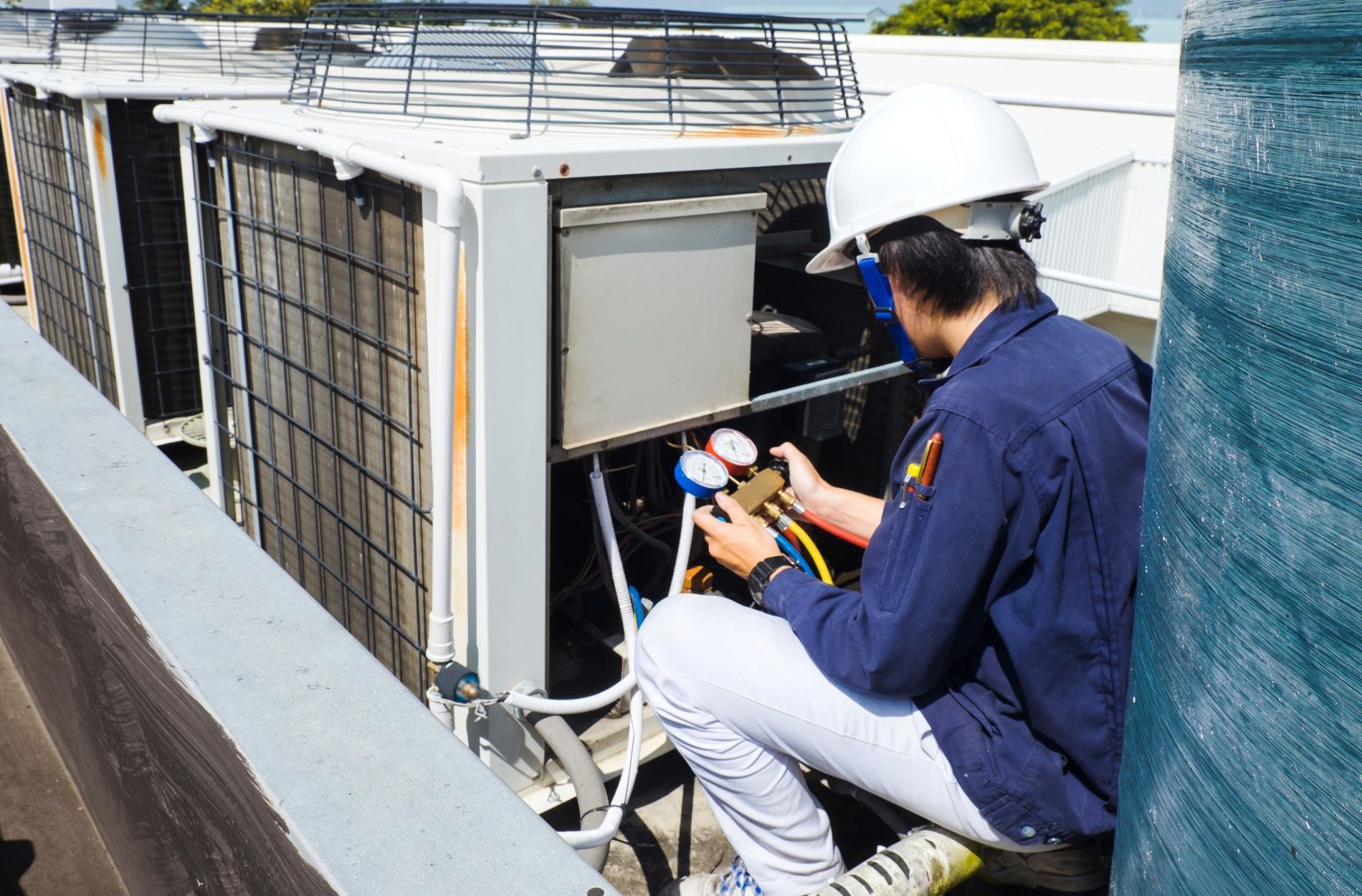Troubleshooting Common HVAC Problems
Having an HVAC system is essential for maintaining a comfortable home environment, especially during extreme weather. However, like any complex machine, HVAC systems can exhibit problems that impact performance and efficiency. Recognizing these issues early can prevent larger, more expensive repairs and ensure that your system runs smoothly throughout the year.
One common sign that something might be amiss is unusual noises coming from the unit. Whether it's a grinding, squealing, or banging sound, these noises usually indicate a problem that needs immediate attention. Ignoring these sounds can lead to more serious damage over time, which is why it's crucial to address them as soon as they arise.
Another issue homeowners often face is uneven heating or cooling in different areas of the house. This inconsistency can be frustrating and uncomfortable. It is often a sign that there could be a problem with the ductwork, the thermostat, or the HVAC unit itself. Understanding these potential causes can help you maintain an even and comfortable temperature throughout your home. By paying attention to these signs, you can keep your HVAC system in good working condition, ensuring a cozy living environment all year round.
Unusual Noises Coming from Your HVAC System
Strange noises coming from your HVAC system can signal that something is wrong. Different sounds can mean different issues, and recognizing them can help you take quick action. For instance, a grinding noise might indicate that there is trouble with the motor bearings. A squealing sound could mean that a belt is slipping or needs replacing. Clicking sounds often suggest a problem with the electrical components, such as a faulty relay or capacitor.
To address these noises, it's essential to first turn off the system to prevent any further damage. Then, take note of what kind of noise you're hearing and where it seems to be coming from. This information can be very helpful when speaking to a professional technician. Ignoring these sounds might lead to more significant problems and costly repairs in the future. Keep an ear out for any unusual sounds and address them promptly to ensure your HVAC system functions smoothly.
Uneven Heating or Cooling in Different Areas
Experiencing uneven heating or cooling in various parts of your home can be frustrating. This common issue can stem from several factors. One potential cause is blocked or dirty air vents, which can restrict airflow and create temperature imbalances. Another reason could be improper insulation in your home, causing some rooms to lose heat or cool air faster than others.
To tackle uneven heating or cooling, start by checking all vents to ensure they are open and unobstructed by furniture or other objects. Cleaning dirty vents can also improve airflow. Beyond that, it's crucial to inspect the insulation in different areas of your home. Adding insulation to areas that lack it can help maintain consistent temperatures. Additionally, if the problem persists, it might be time to look into zoning systems. These systems allow for better temperature control in individual rooms or zones, making your home more comfortable and energy-efficient.
Frequent Cycling or Long Run Times
If your HVAC system is turning on and off frequently, or running for extended periods, it might be signaling a problem. Frequent cycling can often be attributed to a thermostat issue, where the thermostat isn’t accurately reading the room's temperature, causing the system to cycle more than necessary. Another common reason could be an oversized or undersized unit. An oversized unit will reach the desired temperature quickly but will cycle off and on more frequently, while an undersized unit will struggle to meet the temperature settings and run longer than it should.
To address frequent cycling, first, check the thermostat settings and replace the batteries if needed. Ensure that it's installed correctly and away from direct sunlight or other heat sources that might affect its readings. If the problem persists, it might be essential to consult with a professional to inspect your HVAC system. This intervention can help you determine if the unit size is appropriate for your home or if there are other underlying issues that need attention.
Rising Energy Bills Despite Regular Usage
An unexpected increase in energy bills, even when your usage habits haven't changed, can be concerning. This situation usually indicates that your HVAC system is struggling to perform efficiently. A dirty air filter, clogged ducts, or leaks in the ductwork can cause the system to work harder, using more energy to maintain the desired temperature. Additionally, older HVAC systems naturally lose efficiency over time, which can also result in higher energy consumption.
To address rising energy bills, start by replacing the air filter and keeping the ductwork clean and free from obstructions. Regular maintenance checks are essential in identifying and fixing leaks in the ductwork. It’s also a good idea to consider upgrading to a newer, more energy-efficient model if your system is old. Such an upgrade might involve an initial expense, but it can save you money in the long run by reducing your energy bills and improving overall efficiency.
Conclusion
Understanding and addressing the various issues that can arise with your HVAC system is crucial for maintaining a comfortable and energy-efficient home. From identifying unusual noises to troubleshooting uneven heating or cooling, frequent cycling, and unexpected energy bill increases, taking proactive steps can save you from more significant problems down the line. Regular maintenance and timely repairs can go a long way in ensuring your system works efficiently and lasts longer.
If you’re experiencing any of these issues or need professional assistance with your HVAC system, Anytime Heating & Air is here to help. Our team of experienced technicians is dedicated to providing top-notch
HVAC service to keep your home comfortable and efficient. Contact us today to schedule a consultation and keep your HVAC system in optimal condition.


